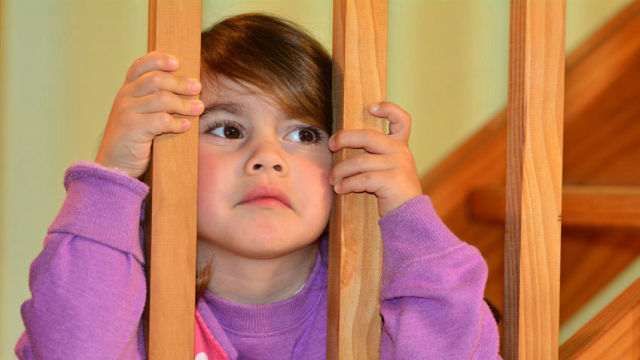
In the eyes of many parents, it is too serious that simple and clever children suddenly begin to learn to lie one day. I met a mother who was anxious about it.
But I want to solemnly say to this mother: [Congratulations! ]
A 3-year-old child lies, indicating that he is more intelligent than at least 50% of his peers. Can a child lie if he does not have enough intelligence, creativity and the ability to think from the perspective of others?

Parents need not be so nervous. The development of children’s intelligence comes before the development of morality. As long as they are guided more, they will not go astray.
The reason why children lie earlier and earlier is the general precocious wisdom. According to research by Kang Lee, a professor of applied psychology at the University of Toronto, almost 30% of children lie for the first time when they are two years old, and by the time they are four years old, the figure has become 80%. The more intelligent, self-controlled and independent children, the earlier they lie.
Children between 3 and 7 years old lie, basically have nothing to do with morality. At this stage, lying is only a social tool. Even after the age of 7, lying cannot be killed with one pole.
However, this does not mean that lying has become a celebration instead. When children grow up, they start to lie immorally because they have not corrected it well, which will become the source of their anxiety, pursuit of desire and distrust of the outside world.

Sharing a true story around me, her practice is very worthy of praise.
The two children in the friend’s family, the eldest and the second, are three and a half years apart. The two children are so naughty that they wish they could tear down the family.
After playing peacefully for a while, the two brothers heard a [bang] sound in the living room. As she was preparing dinner, she turned around and rushed out of the kitchen to see the picture originally hanging on the wall, which had fallen face down to the ground.
The two children’s faces were full of nervousness, and they also realized that they were in trouble.

Before his mother could speak, his brother stretched out his finger to his younger brother: “He did it!” ]
Hearing this, the younger brother wailed loudly and waved his small hands incessantly: [Brother did it! Brother did it! ]
The mother could see at a glance that the younger brother could not reach the painting on tiptoe. The elder brother must have complained first.
She first appeased her younger brother with a snot and tears: [Mom knew you didn’t do it, so she stopped crying.] Then she asked her brother if he had been hurt. After getting a negative answer, she got up and hung the picture back to its original place without accusing anyone again.
After Dad left work, the whole family had dinner together.
My mother told a story intentionally or unintentionally at the dinner table:
Eight-year-old Lenin broke his aunt’s vase, but panicked that he did not fall it. In the end, his aunt did not blame him at all. Guilty Lenin later wrote to his aunt to admit his mistake, and her aunt praised him [really an honest person]. I know Lenin is worried about his aunt blaming him, but in fact he does not use it. Compared with the vase, it is the most important thing that children are not injured.
Although her eldest son did not stand up and admit his mistake at that time, since then, the eldest son has never lied under similar circumstances.
There was no puncture or humiliation, only a kind reminder. The child is not stupid, he can hear the implication.
